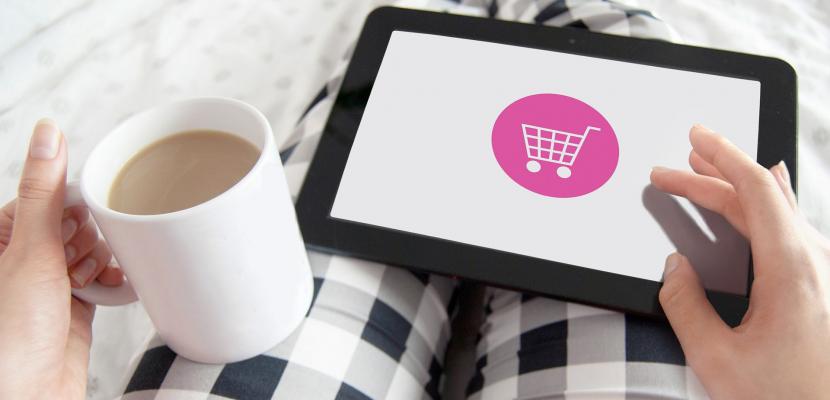
Supporting businesses to deploy e-commerce solutions during COVID-19 pandemic

About this good practice
The shift towards the digital market was one of the frequent challenges identified by eco-innovative companies during the pandemic. In the short term, companies had to devote additional resources to support sales on electronic platforms, but not all SMEs were prepared for this.
Measure “E-commerce model COVID-19” was based on subsidies for process redesign and digitalisation through customer self-service solutions on e-commerce platforms for products and services, including order management solutions for manufacturing and services, and through solutions for integrating resource management systems into e-commerce platforms for products and services. Eligible costs may include both the purchase of the software tool and the costs of the programming work related to the supported activity, as well as the wages and employer's costs of the project developer's staff carrying out the tasks necessary for the implementation of the e-commerce model, up to a maximum of 20 % of the total eligible costs. Maximum amount of support - 50k EUR with 75% co-financing rate. The measure was administrated by Lithuanian Business Support Agency (LBSA).
The main beneficiaries of the measure – SMEs in the production and service sectors that have been in operation for more than 1 year and had 50k EUR reaching annual income.
Expert opinion
The initiative illustrates how a crisis can be transformed into an opportunity for change. The good practice highlights the importance of support programmes to promote technological adoption and the digital transformation of SMEs such as with the development and deployment of e-commerce solutions in Lithuania. The initiative offers subsidies—for software and programming costs as well as wages—to develop and deploy e-commerce solutions up to 20% of the total eligible costs. The initiative was led by the Lithuanian Business Support Agency (LBSA) and targeted SMEs in the production and service sectors, 1193 SMEs benefitted from the subsidies. The good practice can inspire regions that are ranking low or in the average in the Digital Economy and Society Index (DESI) and where their SMEs have a low adoption of digital technologies. The good practice could easily be reoriented to target other digital solutions such as IoT or Blockchain to promote the green and digital twin transitions.
Resources needed
Total budget of the measure was €47M (from EU structural funds) with additional €16M of private contributions. The implementation of the measure also required additional administrative resources for the evaluation of applications and the publicity of the measure itself (internal LBSA costs).
Evidence of success
The support measure is regarded as good practice owing to its importance in solving the difficulty of eco-innovative SMEs transitioning to a digital business model in a short timescale and increasing enterprises' long-term competitiveness in the digital market. Overall, 1193 SMEs were supported from more than 1685 applications received.
Potential for learning or transfer
The pandemic has given a push to digitalisation, which is widely predicted to influence the 'new normal' in business operations including the development of eco-innovative companies. Companies throughout the EU must accelerate their efforts to sustain competitiveness in the post-pandemic environment characterized by increased digitalisation and maintained relevance of sustainability and resilience.
The good practice presented is easily replicable in other regions due to its clear objective and support structure. Moreover, this practice also acts as a broader inspiration for the design of support measures geared towards twin transformation. Similar support measures can be designed according to the level of innovation and digitisation in different regions.
Good practice owner
You can contact the good practice owner below for more detailed information.
